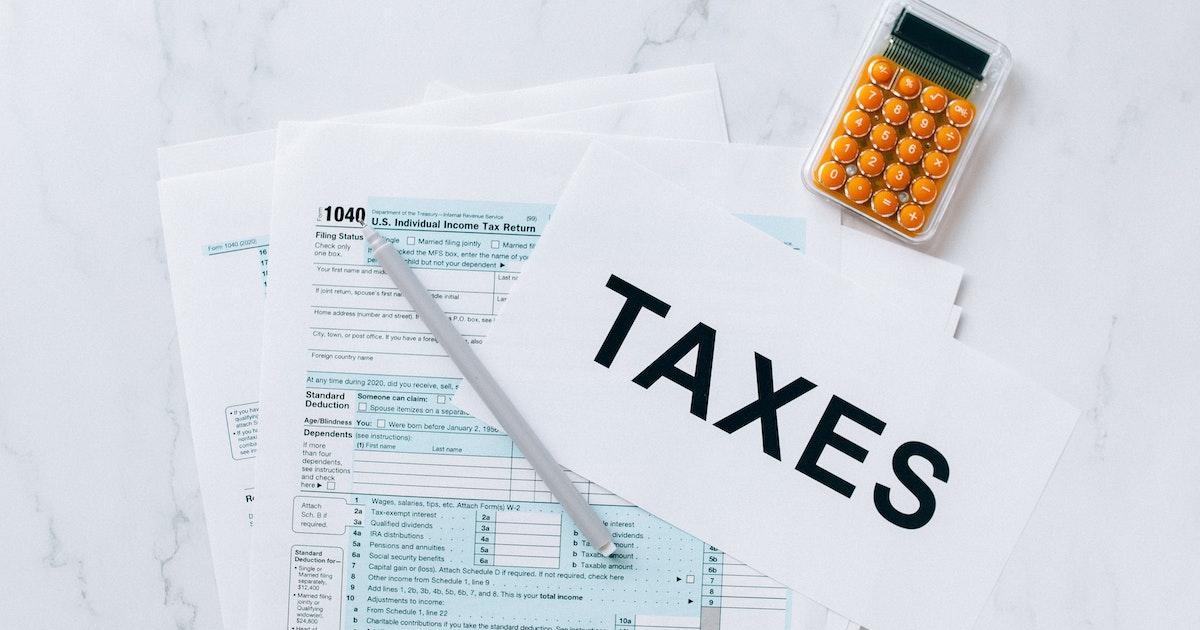What Exactly Is a Tax Break?
A tax break is a benefit provided by the government that reduces your total tax bill. Tax regulations allow for tax benefits, which often take the form of credits and deductions. Exemptions and the exclusion of certain types of income from your state or federal tax return are two more tax benefits.

Tax breaks could refer to the preferential tax treatment accorded to particular groups. For example, churches and religious organizations are often exempt from federal, state, and local income and property taxes, as well as other tax breaks. Similarly, victims of natural catastrophes are eligible for tax benefits such as filing and payment extensions, penalty and interest exemptions, and deductions for casualty and theft losses.
How Tax Breaks Work
Individual and business taxpayers benefit from tax advantages, which significantly reduce their tax responsibilities. These savings may be enabled by tax credits, deductions, exemptions, and exclusions.
In some circumstances, you don’t even have to do anything to obtain a tax break. For example, life insurance proceeds are normally excluded from taxable income and are not required to be reported.
Most tax benefits, however, require you to claim them (e.g., tax credits or deductions) on your income tax return and meet specified qualifying requirements. Tax breaks can stimulate the economy by raising the amount of money households have to spend and increasing the amount of money firms can invest in growth.
Furthermore, tax credits might encourage some societally beneficial behaviors, such as replacing gas-guzzling vehicles with new fuel-efficient ones. As previously stated, tax benefits are introduced as a result of state and federal tax regulations.
Regulations specify how tax breaks work, who qualifies, and (in some situations) how long they persist. Federal income tax legislation is approved by the United States Congress and the President. For example, in 2017, Congress passed the Tax Cuts and Jobs Act (TCJA), which made significant changes to the United States tax system and was signed into law by then-President Donald Trump.